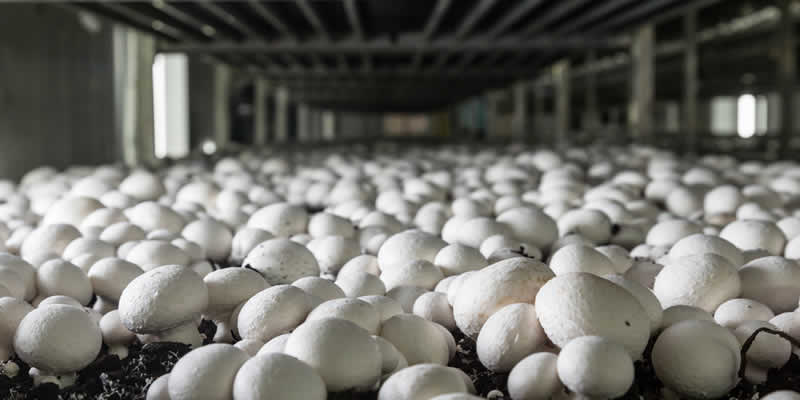Mushrooms could help reduce the risk of developing cancer, researchers have said.
According to a review that looked at 17 separate studies that involved more than 19,500 people with cancer, the lowly mushroom has mighty prevention powers.
A type of fungi, they are packed with vitamins, nutrients and antioxidants. The team, from Penn State College of Medicine, has ruled the item a super food because they have found evidence to suggest it can help prevent cancer.
There are many different types of mushrooms, including shiitake, oyster, maitake and king oyster, white button, cremini and portabello.
Their findings suggested that anyone who indulged in 18 grams of mushrooms on a daily basis had a 45 per cent reduced risk of cancer compared to those who did not eat mushrooms at all.
One of the researchers, Dr Djibril Ba, a graduate student in epidemiology at Penn State College of Medicine, said: “Mushrooms are the highest dietary source of ergothioneine, which is a unique and potent antioxidant and cellular protector. Replenishing antioxidants in the body may help protect against oxidative stress and lower the risk of cancer.”
Further analysis at specific cancers suggested that mushrooms had the strongest influence in the reduction of breast cancer.
- One-minute procedure could help save thousands from oesophageal cancer
- Cancer taskforce launched to tackle COVID-19 backlog
Study co-author Professor John Richie, professor of public health sciences and pharmacology, said: “Overall, these findings provide important evidence for the protective effects of mushrooms against cancer. Future studies are needed to better pinpoint the mechanisms involved and specific cancers that may be impacted.”
The study findings have been published in the Advances in Nutrition journal.







